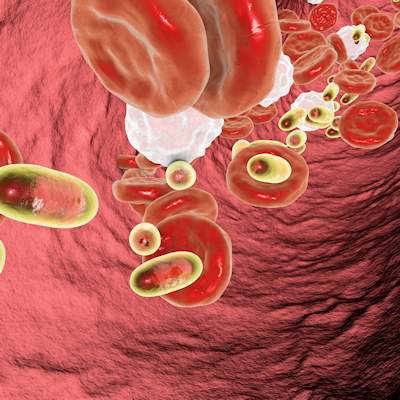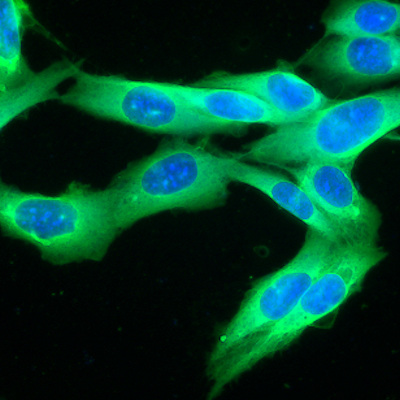September 1, 2022 -- Researchers at Sanford Burnham Prebys have shown that inhibiting glutaryl-CoA dehydrogenase (GCDH), an enzyme that plays a significant role in metabolizing the amino acids lysine and tryptophan, selectively kills melanoma cells and stops tumor growth.
In a study, published September 1 in the journal Nature Cell Biology, the researchers found that GCDH is critical for melanoma cells to generate energy and that when the metabolic enzyme is inhibited it leads to changes in a key protein -- called NRF2 -- which acquires its ability to suppress cancer. In addition, they discovered that using genetic approaches to inhibit GCDH in an animal model gave NRF2 cancer-suppressing properties.
"We've known for a long time that NRF2 can be both a driver and a suppressor of cancer," Ze'ev Ronai, PhD, professor and director of the National Cancer Institute-designated Cancer Center at Sanford Burnham Prebys, said in a statement. "We just didn't know how we convert NRF2 from a driver to suppressor function. Our current study identifies the answer."
Sachin Verma, PhD, a postdoctoral researcher and first author of the study, noted that melanoma cells "cannot survive without the GCDH portion of the pathway" and that going forward the research team is actively searching for potential drugs that could inhibit the enzyme, which could potentially lead to a new class of drugs to selectively treat melanoma.
Copyright © 2022 scienceboard.net









